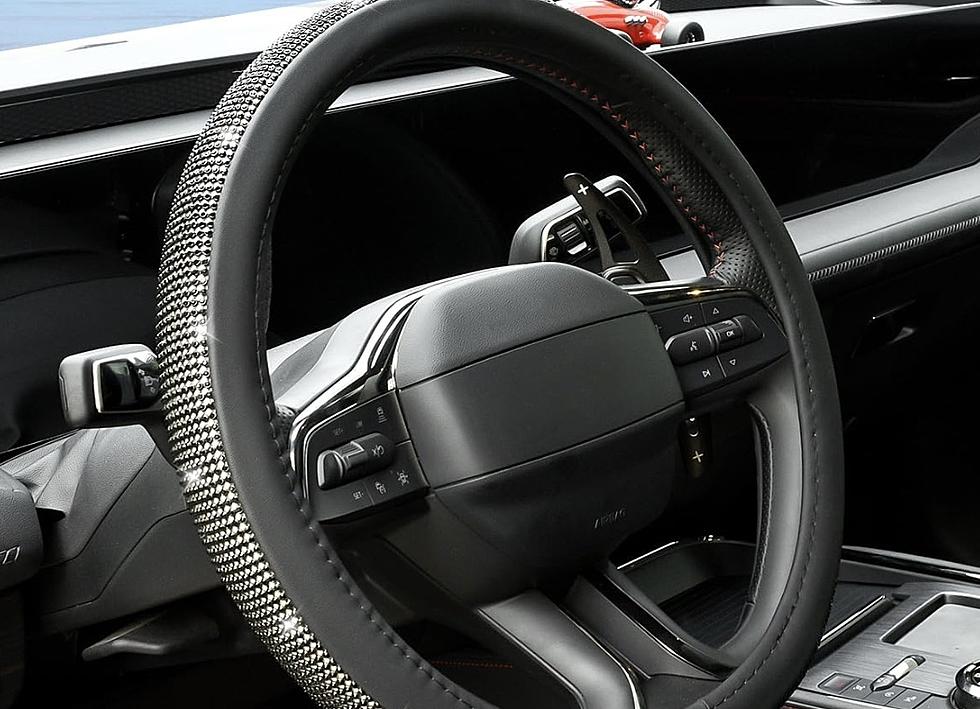
Keep Pets Safe On The Fourth Of July
More dogs are reported "missing" on the Fourth of July than any other day of the year, and you can help keep your pets safe by following a few simple suggestions.
Even though you may live in a "No Fireworks" zone (within city limits, in a no-burn area, or maybe even in a neighborhood where fireworks are forbidden by the HOA), someone will inevitably buy enough fireworks to take over a small country with (what sounds like) an invasion that lasts from sunset until 2am. If you have pets, you know the headache (and heartache) that may accompany fireworks season.
Dogs have, compared to humans, super-sensitive hearing. What sounds like birds singing to us sounds like a fire alarm to a dog; imagine what an M80 (which would scare the lunch out of me) sounds like to our canine friends!
I spoke with Geri and Tal Guidry, the veterinarians at Guidry Animal Hospital in Carencro, there may be nothing you can do to totally protect your dogs from the scare of fireworks (short of taking them away from the source for the evening), but there are some things you can do to try to lessen the effects of the mini-war sounds.
Overall, one of the best and most important things you can do for your dog is to have it micro-chipped with your contact information (in case your dog gets out of the yard/car/your control): most veterinarians have devices to scan for micro-chips, which would easily and instantly identify your dog. If you can't get your pet chipped, at the very least have that information on a tag on the dog's collar, including a current phone number. This way, ANY time your pet gets lost, your chances of recovery are much greater.
On days/nights you are expecting fireworks, keep your dogs inside. Even dogs who have never shown signs of trying to escape fenced yards may try to (and be successful at) get away from the noise of the fireworks. Remember, July 4th is the day in America in which more dogs "run away" than any other day of the year.
If you must keep your dog outside, make certain that their kennel (or "safe place") is accessible. Most dogs who are kennel-trained equate their kennel with safety.
If you are able to keep the dogs inside, leave the television or radio on to help drown out the sounds of the fireworks.
Never reprimand your dog for being scared of the fireworks, and don't try to comfort them, either; Dr. Tal said that comforting them only reinforces their display of fear (barking, etc). He said that your best bet is to just try to keep as normal a routine as possible, which includes YOU not reacting to the fireworks! Try to pretend that fireworks aren't being used.
Tal and Geri also recommend (not just during fireworks season) that you routinely check the fence that contains your pets for worn/rotting boards, holes in the fence or gaps in the gate or between the fence and the ground, and any items that may serve as a "boost" for helping your pet get over the fence (any items close to the fence that your dog can jump on to get over the fence).
Also, do NOT use fireworks around your pets. This video is funny, only because no one got hurt, but it does show what can happen when dogs and fireworks mix:
I hope that these tips help keep your dogs safe. No holiday is fun if your dog gets loose or injured!
More From 99.9 KTDY









